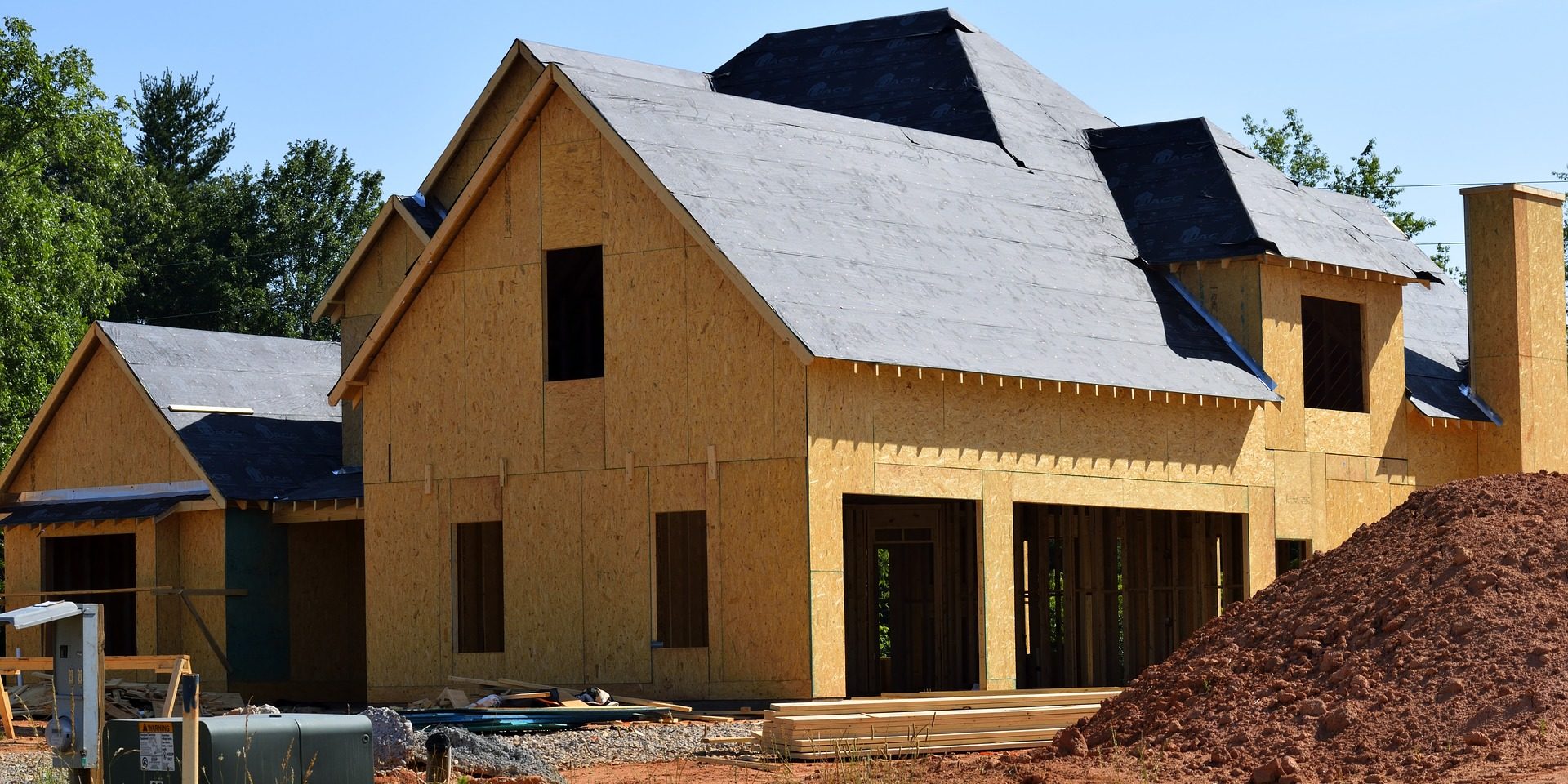
Exponential Construction Growth in South Carolina Will Lead to Future Construction Defect Claims
South Carolina law protects owners from construction defects regardless of what builder warranties provide.
Unphased by the coronavirus, labor shortages, and material shortages, new home construction in South Carolina took off in 2021. In an analysis of building permits issued across the United States, Omnis found that over the past two years, new residential construction grew by 36% nationally for all residential construction types and 30% for single-family homes. Several South Carolina cities far outperformed the national increase in residential construction. Among those municipalities that issued 1,000 or more building permits, three of the ten cities with the largest increases in residential construction were South Carolina cities. Columbia, South Carolina had the fifth largest increase in residential construction nationally in 2021. Close behind it, the Greenville-Anderson area and the Myrtle Beach-Conway area had the seventh and eighth largest increases in residential construction in the United States.
| City | Increase |
|---|---|
| Ocala, FL | 79% |
| Cape Coral-Fort Myers, FL | 77% |
| McAllen-Edinburg-Mission, TX | 73% |
| Sacramento-Roseville-Folsom, CA | 66% |
| Columbia, SC | 65% |
| Naples-Marco Island, FL | 65% |
| Greenville-Anderson, SC | 64% |
| Myrtle Beach-Conway, SC | 63% |
| North Port-Sarasota-Bradenton, FL | 62% |
| Lakeland-Winter Haven, FL | 61% |
With three cities ranked among those experiencing the largest growth in residential construction in the United States, residential construction is booming in South Carolina. Only Florida had more cities ranked in the top 10 cities than South Carolina. Additionally, just outside the top cities in residential construction growth nationally, Spartanburg, South Carolina experienced a 56% growth in residential construction and ranked fifteenth nationally.
Unfortunately, experience shows that when residential construction is booming, home and condo purchasers suffer. Booming residential construction often results in builders cutting corners, failing to properly supervise their subcontractors, and generally not emphasizing quality construction, so that they can build and sell homes and condos more quickly. We expect this to be particularly true during the present residential construction boom because the labor shortage is likely to cause builders to hire unqualified subcontractors and laborers in their efforts to continue building homes. Similarly, the materials shortage and the high prices of construction materials are likely to cause builders and their subcontractors to use the smallest amount of material they can get away with.
Home and condo purchasers in South Carolina should know that South Carolina law protects them from faulty construction regardless of what their builder tells them or the fact that years have passed since the building was completed. In South Carolina, builders are required to construct residential buildings in accordance with the building code, industry standards, and product manufacturers’ instructions. When builders don’t build in accordance with the building code, industry standard, and manufacturers’ instructions, the construction is defective, and South Carolina law provides that owners are entitled to recover the compensation needed to repair the defective construction. Where the defective construction results in damages to other parts of a building, such as a window leak that results in rotten wall framing and drywall staining, the owner is entitled to recover compensation needed to repair those damages as well.
Builders often tell home and condo purchasers in South Carolina that the construction is covered by the builder’s warranty. That warranty is usually a 1-2-10 warranty where everything is covered for one year, all the appliances and mechanical systems are covered for two years, and the structural components are covered for ten years. However, South Carolina law doesn’t care about the builder’s warranty. Unless a purchaser specifically bargained with the builder about the warranty, South Carolina law provides that a warranty is implied into the purchase and that implied warranty covers all defective construction.
Owners in South Carolina should be aware that construction defect claims are subject to a three-year statute of limitations and an eight-year statute of repose. The three-year statute of limitations means that an owner needs to bring a claim within three years of when the owner knew of a construction problem. The eight-year statute of repose provides that an owner must bring a claim within eight years of when the construction was completed, regardless of when the owner first learned of the construction problem. However, the eight-year statute of repose does not apply where the builder was grossly negligent, and while more difficult, the attorneys at Steinberg Law Firm routinely bring claims more than eight years after the completion of construction.
If you experience leaking windows, a roof leak, rotting wood, cracking finishes, termites, rooms that your HVAC system won’t keep hot or cold, or any other problem with the construction of your home or condo, don’t accept the builder’s claim that the warranty period is over, and you are stuck with the problem. Consult a construction defect lawyer about whether you may have a construction defect claim worth pursuing against the builder. You didn’t build the home wrong, you relied on the professionals to do their jobs properly, and you don’t deserve to be stuck with an expensive construction problem. To speak with an attorney about your potential construction defect case, contact our team of construction lawyers at 843-720-2800 or use our online form.




















